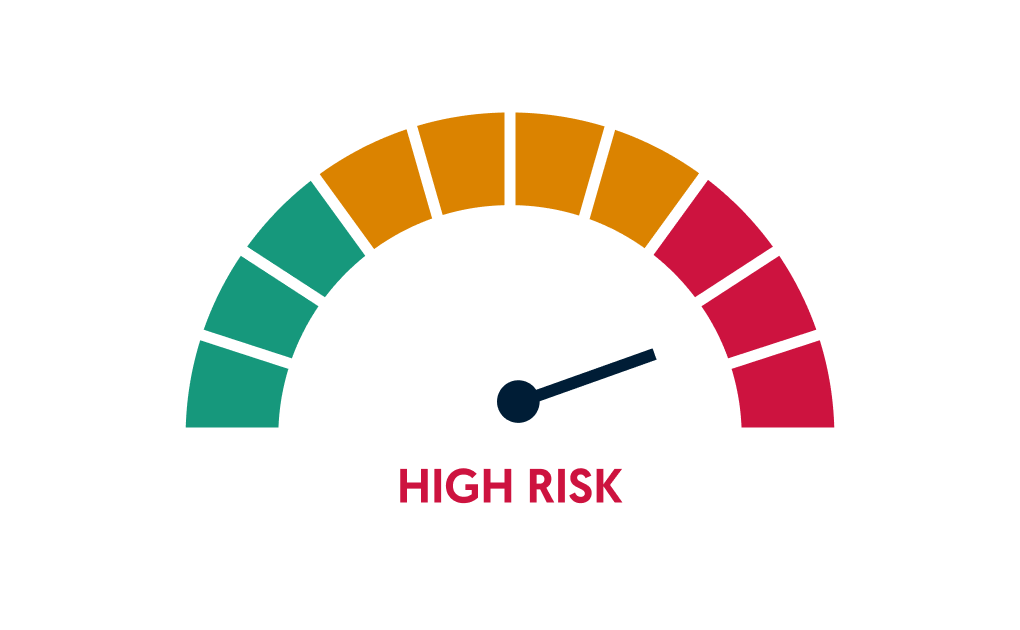Enduring Power of Attorney (QLD)
An Enduring Power of Attorney can be used to give an attorney the authority to act on your behalf even if you lose your mental capacity to manage your own affairs.
(0 reviews)
Last updated January 15, 2025
Under 20 minutes
Suitable for Queensland only
Written by Edwin Montoya Zorrilla
Reviewed by Damin Murdock
Document Overview
An enduring power of attorney allows you (the principal) to appoint someone you trust (an attorney) to make decisions about personal (including health) matters and/or financial matters for you.
You may set whatever conditions and limitations on your attorney that you choose. An attorney must always act in your best interest. If your attorney does not follow your directions or does not act in your best interest, the power of attorney can be revoked in writing. You can decide when your attorney’s power to make decisions for financial matters begins, including:
- when you no longer have capacity to make those decisions
- immediately
- from a specific date
- in particular circumstances or occasions.
To make an enduring power of attorney, you must be 18 or older and have capacity to understand the document you are signing and the powers it gives.
This means you need to understand:
- that you may specify or limit the power to be given to your attorney, and instruct your attorney about the exercise of the power in the enduring power of attorney
- when the power begins
- that once the power begins, your attorney will have full control over the exercise of the power (subject to any terms in the enduring power of attorney)
- that the power continues even if you lose capacity
- that you may revoke the enduring power of attorney at any time while you have capacity to do so
- that if you lose capacity (and are unable to revoke the enduring power of attorney) you are effectively unable to oversee the use of the power.
You must also be capable of making the enduring power of attorney freely and voluntarily—not due to pressure from someone else. The form may also be signed on your behalf by someone acting at your direction where, for instance, you have the capacity to make decisions but have lost control of your hands. This person must be 18 or over, and may not be a witness to or an attorney under this power of attorney. Where this is the case, the witnesses to your signature must certify that they saw the you freely and voluntarily direct the person to sign on your behalf.
Important information
This power of attorney is for use in Queensland only. If you need a power of attorney for interstate or overseas, you may need to make a power of attorney under their laws. The laws of some other States and Territories in Australia may give effect to this power of attorney. However, you should not assume this will be the case. You should confirm whether the laws of the State or Territory concerned will in fact recognise this power of attorney.
This power of attorney does not automatically revoke earlier powers of attorney made by you. If you have made an earlier power of attorney that you do not want to continue, you must revoke the earlier power of attorney.
Remote signing and witnessing
Powers of attorney may be witnessed electronically. The required procedure is outlined at https://www.justice.qld.gov.au/initiatives/documents-during-covid/powers-of-attorney
Where the document is being witnessed electronically, it may also be signed electronically. We recommend the following procedure. The witness must have an audio-visual link with the person making the declaration throughout the entire process. The camera must be pointed at the person and the screen where the person will electronically sign the declaration. Once the declaration has been signed by the person, they will typically then receive the declaration by electronic means, sign it electronically themselves, and send it back to the person. The signatures and initials can be inserted on the Lawpath platform.
What types of decisions can your attorney make for you?
Your attorney can make decisions about:
- personal (including health) matters. Personal matters relate to personal or lifestyle decisions. This includes decisions about support services, where and with whom you live, health care and legal matters that do not relate to your financial or property matters. An attorney for personal matters (including health matters) can only make decisions for you when you do not have capacity to make those decisions.
- financial matters. Financial matters relate to your financial or property affairs including paying expenses, making investments, selling property or carrying on a business.
If your financial affairs are complicated, you should appoint an attorney who has the skills to deal with complex financial arrangements.
For a power of attorney that deals only with financial matters, and ceases if you lose your mental capacity after its execution, see the General Power of Attorney (QLD).
Important information about your enduring power of attorney
- You can decide when your attorney(s)’ power to make decisions for financial matters begins. Your attorney(s)’ power to make decisions for personal matters operates during times when you do not have capacity to make decisions about those matters.
- During those times your attorney(s) will have full powers to make decisions unless you set terms or provide instructions in this form.
- This form can only be completed by an adult who has capacity to make an enduring power of attorney. This means you must fully understand the nature and effect of this document and the powers it gives. You must be making this document freely and voluntarily, not due to pressure from someone else.
- You must sign this form in the presence of an eligible witness (a justice of the peace (JP), commissioner for declarations, lawyer or notary public).
- If an interpreter is required to interpret or translate this document, they should complete Form 7 —Interpreter’s/translator’s statement.
What to do with this enduring power of attorney once complete
You do not need to submit this form anywhere. However, we recommend that you:
- keep the original in a safe place;
- give a certified copy to your attorney(s), doctor, other health provider(s), bank or lawyer;
- notify your close family and friends that you have made an enduring power of attorney and where to find the document; and
- if your attorney(s) wish to deal with land in Queensland on your behalf, your enduring power of attorney must first be registered with the Queensland Titles Registry by lodging a Form 16 — Request to register power of attorney together with a single-sided certified copy of the enduring power of attorney.
Further information
More information about powers of attorney and medical treatment decision makers is available at https://www.qld.gov.au/law/legal-mediation-and-justice-of-the-peace/power-of-attorney-and-making-decisions-for-others.
The Legal Risk Score of a Enduring Power of Attorney (QLD) Template
Our legal team have marked this document as high risk considering:
- It takes control of important decisions away from the principal.
- It places a high liability risk on the attorney.
- There are specific execution and drafting requirements, with little room for error when completing the document.

Enduring Power of Attorney (QLD) Checklist
Complete your free Enduring Power of Attorney (QLD) with our checklist
Get the right individuals to sign and witness the document
The questionnaire and description outline requirements regarding signing and witnessing.
Send the power of attorney to relevant parties
Provide the document to any parties that are dealing with the attorney acting on the principle's behalf.
View Sample Enduring Power of Attorney (QLD)
It's never been so easy
Sign-up to a free Lawpath account
Get started and we'll take care of you. It's that easy.
Browse our 500+ legal documents
Browse our 500+ legal documents to find the perfect match to cover your business needs. We've got Compliance, Employment, Service agreements and more.
Collaborate with e-Sign and Sharing
Having access to your legal documents has never been easier. You can request e-signature, share the document and download for an efficient collaboration.
Create unlimited legal documents and eSignatures for only $39/month.
Upgrade to a Lawpath legal plan to boost your new business.


Here's what people say about Lawpath's Enduring Power of Attorney (QLD)
Reviews are managed by BazaarVoice and comply with the BazaarVoice Authenticity Policy. Reviews are independently verified by BazaarVoice and detail our customers' real experiences.
0 reviews
Most Recent
Highest to Lowest Rating
Lowest to Highest Rating

